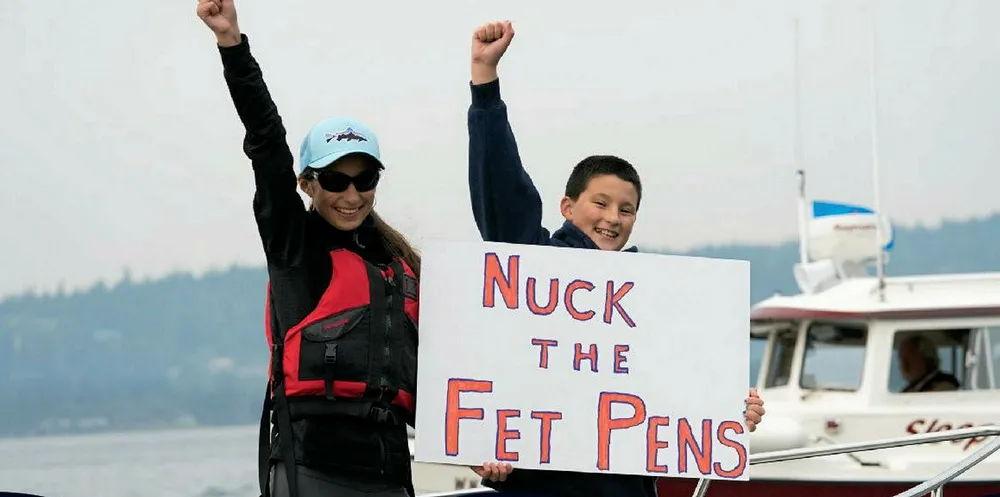Week's top seafood headlines: Patagonia's Cooke attack, Mowi's Americas takeover, 'climate-resistant' farmed salmon
The biggest stories this week for the global seafood sector, updated as-it-happens by IntraFish.

The biggest stories this week for the global seafood sector, updated as-it-happens by IntraFish.
